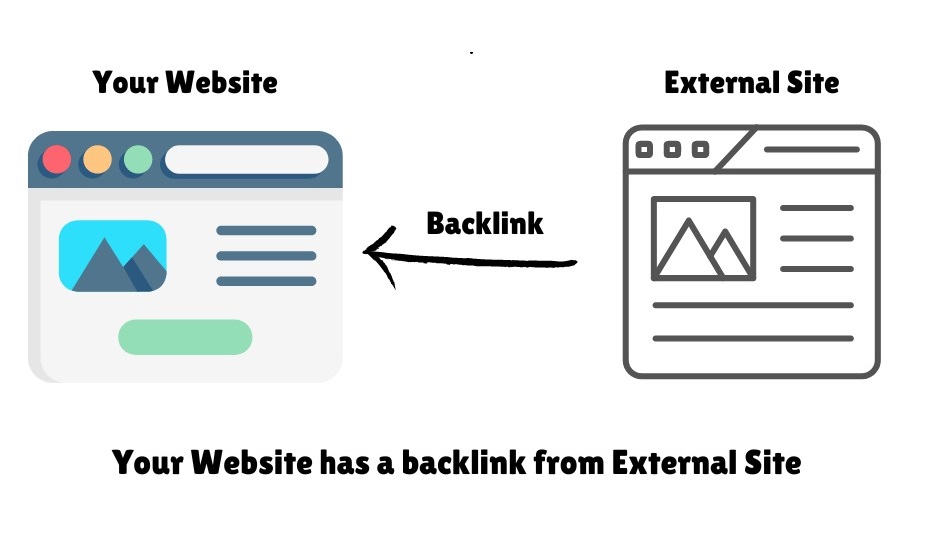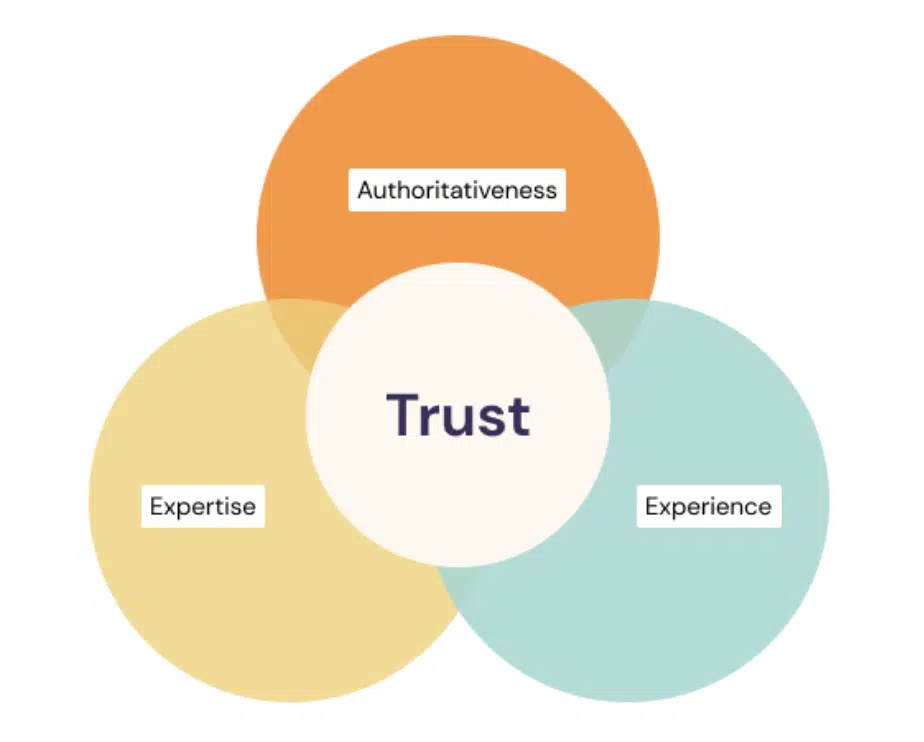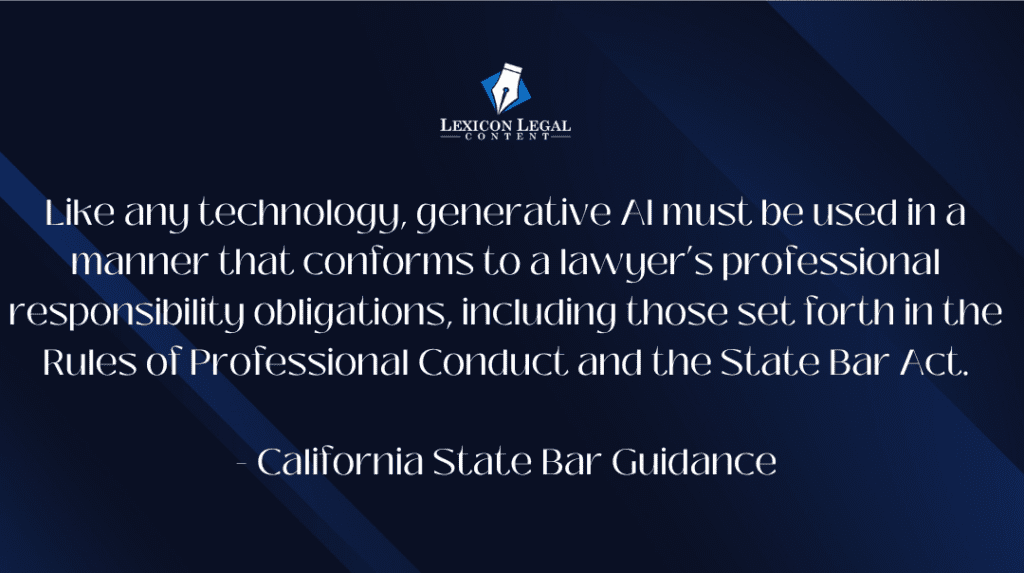In today’s digital age, the first place most people with legal problems go for help is a search engine such as Google or Bing. For lawyers and law firms, appearing at the top of search results can significantly increase visibility, attract potential clients, and grow the business.
Search Engine Optimization (SEO) is a powerful tool that, when leveraged correctly, can help law firms achieve higher rankings in search results. Law firms need to understand the power of SEO and take on actionable strategies to rank higher in search results in order to stay afloat in such a competitive legal market.
Read on to learn more about how SEO can help law firms grow and connect with new clients.
Understanding SEO Basics
SEO is the process of optimizing your website to improve its visibility on search engines. It involves various techniques, strategies, and practices designed to enhance the quantity and increase the quality of traffic to your website through organic search results.
The goal of SEO is to make your website more attractive to search engines, which in turn helps it rank higher for relevant search queries. When your website ranks higher, it will be more visible to your desired audience of potential clients. Robust SEO strategies are necessary to attract potential clients online.
What are the Key Components of SEO?
SEO is often divided into several sub-areas that focus on different aspects of website optimization. Some of these sub-areas include the following:
On-Page SEO
Optimizing individual web pages to rank higher and earn more relevant traffic. Keyword optimization, meta tags, content quality, internal linking, and user experience all contribute to on-page SEO.
Off-Page SEO
Actions taken outside your website to impact your rankings within search engine results pages (SERPs). Building backlinks from other reputable websites, social media marketing, and influencer outreach all impact your off-page SEO
Technical SEO
Optimizing the technical aspects of your website to ensure that search engines can crawl and index it effectively. Improving site speed, mobile-friendliness, site architecture, and schema markup all improve technical SEO.
Local SEO
For most law firms, local SEO is crucial. Why? Because most of the clients you want to draw are local. Local SEO involves improving your online presence to attract more business from relevant local searches. It includes claiming and optimizing your Google My Business listing, getting reviews, and ensuring your name, address, and phone number (NAP) are consistent across all platforms.
The Importance of SEO for Law Firms
When it comes to marketing, law is an incredibility competitive field, with hundreds of firms competing for cases. AS more and more consumers look to the internet when searching for professional services, it’s critical for law firms to make sure that their potential clients can find them online.
SEO offers numerous benefits for law firms, including:
- Increased Visibility – Higher rankings in search results lead to increased visibility, making it easier for potential clients to find your law firm.
- More Traffic – Optimized websites attract more organic traffic, which can translate into more inquiries and consultations.
- Credibility and Trust – Websites that appear at the top of search results are often perceived as more credible and trustworthy. Effective SEO can enhance your firm’s reputation and authority.
- Cost-Effective Marketing – SEO is a cost-effective marketing strategy – especially when compared to paid advertising. While it requires an investment of time and resources, the long-term benefits can be substantial.
- A Competitive Advantage – A strong SEO strategy can give your law firm a competitive edge over others in your area who may not be investing in SEO.
Actionable SEO Strategies for Law Firms
How can law firms start “doing’ SEO? Here are some actionable tips to begin optimizing your law firms’ website:
1. Keyword Research
Keyword research is the foundation of any successful SEO strategy. It involves identifying the search terms that potential clients use to find legal services.
Steps for Effective Keyword Research:
- Brainstorm Potential Keywords: Start by brainstorming a list of keywords related to your practice areas and services. Don’t overthink this part, as these can be extremely simple.
- Use Keyword Research Tools: Utilize tools like Google Keyword Planner, Ahrefs, SEMrush, or Moz to find relevant keywords with good search volume and low competition.
- Analyze Competitors: Look at the keywords that your competitors are ranking for to identify potential opportunities.
- Identify Long-Tail Keywords: Focus on long-tail keywords (phrases with three or more words) that are more specific and have less competition. For example, instead of “divorce lawyer,” use “best divorce lawyer in Dallas.”
2. Optimize the Technical Aspects of Your Website
On-page SEO involves optimizing various elements of your website to improve its visibility and relevance. This involves ensuring that your title tags describe your website and contain relevant keywords. Additionally, you should make sure that each page has a meta description that describes the page and encourages people to click on the link.
You should also make your site easy to navigate by connecting related pages with internal links. This helps both users and search engines navigate your site. Finally, make sure that your site is mobile-friendly – meaning that it displays differently on mobile devices like smartphones. This last step is extremely important, as more than half of all searches occur on mobile devices these days.
3. Build High-Quality Backlinks

Backlinks (links from other websites to your site) are a crucial factor in SEO. They signal to search engines that your content is valuable and authoritative. Think of them as a “vote” for your website. In addition, be aware that these votes are not all equal. For example, a backlink from Forbes is more valuable than a backlink from a shady or spammy site.
You may be thinking “how can I get people to link to my law firm’s site?” Fair question. Here are some strategies that can earn you backlinks:
- Guest Blogging – Write guest posts for reputable legal blogs or websites. Include links back to your site in your author bio or within the content.
- Legal Directories – Get listed in reputable legal directories and associations relevant to your practice area.
- Write Great Content – Create valuable content, such as blog posts, infographics, or whitepapers, that others will want to link to.
- Networking – Build relationships with other legal professionals, journalists, and bloggers who might link to your content.
- Press Releases: Distribute press releases for significant events, such as awards or new hires, to gain media coverage and backlinks.
4. Focus on Local SEO
For law firms, local SEO is essential to attract clients in your geographic area.
Local SEO Strategies:
- Google My Business: Claim and optimize your Google My Business listing. Ensure your name, address, and phone number (NAP) are accurate and consistent.
- Local Citations: Get listed in local directories and legal-specific directories with consistent NAP information.
- Reviews: Encourage satisfied clients to leave positive reviews on Google, Yelp, and other review platforms.
- Local Keywords: Include local keywords in your content, title tags, and meta descriptions. For example, use “personal injury lawyer in St. Paul” instead of just “personal injury lawyer.”
- Local Content: Create content relevant to your local area, such as blog posts about local legal issues or news.
5. Optimize for Technical SEO
Technical SEO ensures that your website is easily crawlable and indexable by search engines.
Let’s dive into some essential technical SEO best practices that can significantly boost your website’s performance. First up is site speed – a crucial factor in user experience and search engine rankings.
To get those pages loading quickly, focus on optimizing your images, leveraging a content delivery network (CDN), and streamlining your code. Next, don’t forget about your mobile visitors! Ensure your site is responsive and offers a smooth experience on smaller screens.
To help search engines understand your site structure, create and submit an XML sitemap – it’s like giving them a roadmap to your content. Speaking of search engines, use a robots.txt file to guide them on which pages to crawl and which to skip. Lastly, secure your site with an SSL certificate. Not only does this protect your users’ data, but it also gives you a nice bump in search rankings. By implementing these technical SEO practices, you’ll be well on your way to improving your site’s visibility and user experience.
6. Create High-Quality Content
Above all else, remember that content is king in SEO. Regularly publishing high-quality content can help you attract and retain visitors, build authority, and improve rankings. You can create content is a variety of formats, all of which can improve your site’s rankings for relevant search terms. Some of the formats you should explore include:
7. Monitor and Analyze Performance
When it comes to SEO, you can’t simply fix it and forget it – especially in a competitive field like law. SEO is an ongoing process, and you need to regularly check your rankings and take steps to improve or maintain them. There are various free tools you can use to monitor you’re your site’s performance, including Google Analytics and Google Search Console. In addition, you can take a deeper dive and get actionable advice using paid tools like Ahrefs, SEMrush, or Moz.
Contact Lexicon Legal Content for Your Law Firm SEO Content Needs
It can often be challenging for lawyers and law firms to keep up with the demanding and ever-changing needs of SEO when it comes to website content. If you need help in this area or don’t have the time to keep up with it yourself, we offer solutions. Our experienced attorney-led legal content writers have what it takes to produce high-quality SEO content. To learn more about our SEO content services, call our office or send us an email today.







